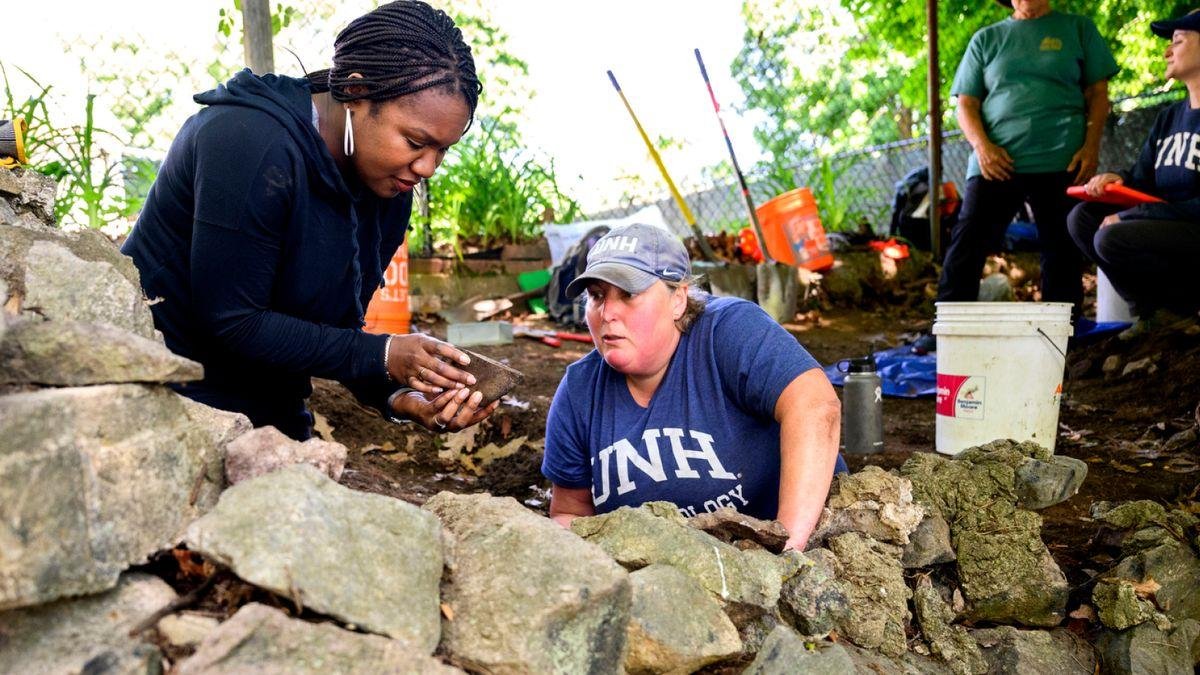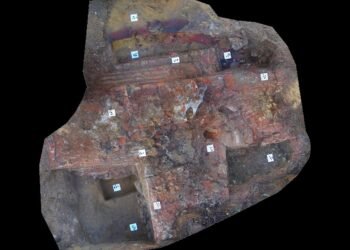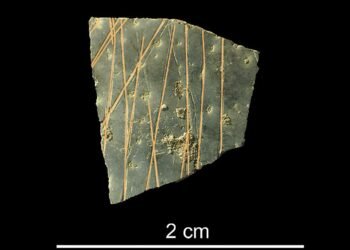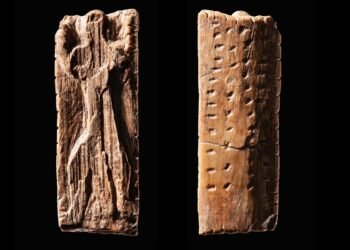Archaeologists from the University of New Hampshire and Northeastern University have uncovered what they believe to be the homestead of King Pompey, an enslaved African who gained freedom and became one of the first Black property owners in colonial New England. This significant find, located along the Saugus River in Lynn, Massachusetts, provides a window into the life of an influential figure in the 18th-century Black community.

King Pompey, also known as Pompey Mansfield, was a West African man who was likely born into royalty before being trafficked across the Atlantic and enslaved in Massachusetts in the early 1700s. Historical records suggest that Pompey was a community leader and an esteemed figure among both free and enslaved Blacks. He hosted the annual Negro Election Day festival at his property, an event where Black men elected their own leaders who mediated disputes and enforced laws within their community.
The search for Pompey’s homestead was spearheaded by a team of researchers, including Kabria Baumgartner, dean’s associate professor of history and Africana studies at Northeastern University, and Meghan Howey, professor of anthropology at the University of New Hampshire. Baumgartner, who had spent years researching King Pompey, shared an 1829 map with Howey during an event focused on reteaching colonialism. Howey, inspired by the map and the historical significance of Pompey, decided to locate the homestead.
The team meticulously analyzed public records, historical deeds, and genealogical records. They compared historical maps with contemporary lidar-derived topographic maps and cross-referenced them with probate records and historical newspapers to pinpoint specific landmarks. After months of research, they began excavation on private property, guided by the descriptions and landmarks identified in their research.
About four feet below the surface, they uncovered a foundation constructed from hand-chiseled river rocks, consistent with 18th-century building techniques described in historical documents. “I’m extremely confident this is a foundation from the 1700s, and everything that points to this being the home of King Pompey is very compelling,” Howey stated. The discovery of this handmade pebble foundation was a pivotal moment, revealing the resourcefulness and determination of someone building a home with limited resources.
Pompey’s homestead, a small stone house built on the two acres of land he purchased in 1762, served as a gathering place for the annual Negro Election Day. This festival, coinciding with the colonies-wide Election Day for white male property owners, was a vibrant celebration where Black people in New England elected their leaders. The event, marked by music, dancing, singing, and parades, allowed Black individuals to maintain their African cultural heritage and foster a sense of community.
“I’ve always been fascinated by those fleeting private and intimate moments outside of the watchful eye of an enslaver when Black people could be themselves and enjoy each other and be in community,” Baumgartner remarked.
The researchers are hopeful that the site will gain recognition and support from the National Park Service to establish a historical marker and create exhibits sharing the story of King Pompey and Negro Election Day. However, further funding is needed to continue this work. The initial research was funded by the New England Humanities Consortium and Northeastern University, but additional resources are required to preserve and promote this historical site.
Baumgartner noted that climate change poses a threat to many historical sites. Rising sea levels and storm surges could potentially submerge locations like Pompey’s homestead in the future. “It’s hundreds of years later, and it is washing away the chance we have to find those overlooked stories,” Howey added, underscoring the importance of preserving these hidden histories.























